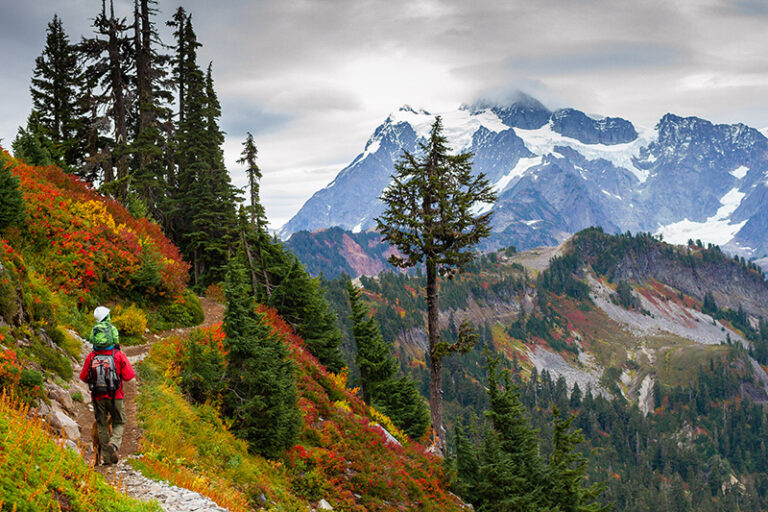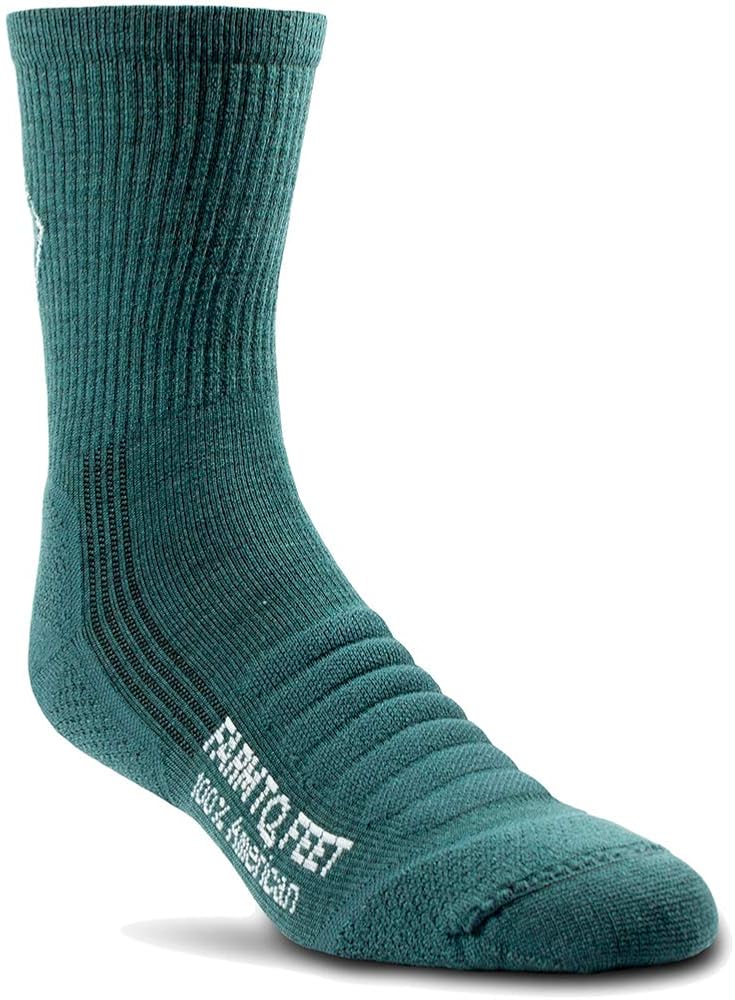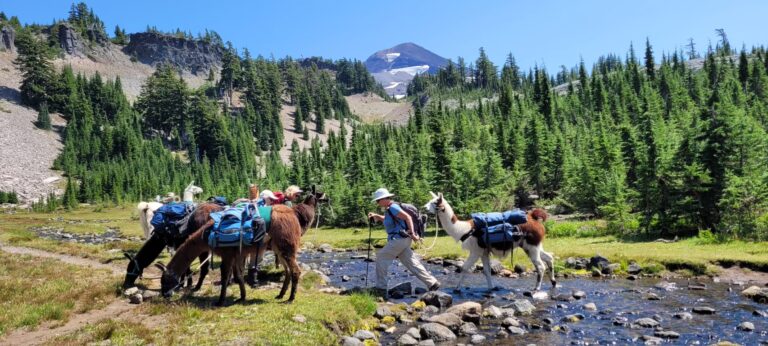Dennis Beemer got into scuba diving to solve a mystery. “It all started with a Chevrolet Coupe that was in a place it had no business being,” he says. About 15 years ago, Beemer was snorkeling near family property on Lake Coeur d’Alene, looking for a boat a family member had sunk decades earlier. He saw something about 40 feet down, 150 yards from shore. At first, he thought it was the boat. But when he went down as deep as his snorkel gear would allow, he saw that it was a car sunken to the bottom of the lake, resting on its side. Beemer was intrigued. He needed to know more.
“So that’s when I got certified as a scuba diver,” he says. After certification, he started diving on the vehicle, piecing together the mystery. Repeat dives revealed it was a 1941 Master Coupe Deluxe Chevrolet, a handsome vehicle with chrome detailing. The key to the mystery was one revealing clue: the black rocks spilling out of the trunk, which Beemer realized were coal. A likely narrative became clear. “They were out ice fishing,” he imagines of the vehicle’s occupants. “There was coal in the trunk of the car. They’d been having a fire on the ice, I assume, and the car went through the ice. It’s probably been down there since the mid-40s.”
From land, none of this was apparent. Family who’d owned the lake property since the early 1960s hadn’t heard a thing about this car. There really are hidden treasures beneath the surface. When scuba diving, “you’re seeing the world that nobody else sees,” Beemer says. “It’s a feeling of being an explorer, and yet being 300 yards from the shore.”
At Jake’s Diving School in Coeur d’Alene, Jake Powlison has been instructing divers since 2011; he estimates he certifies about 300 each year. “We have a lot of lakes to dive around here,” Powlison says. “A lot of treasures to be found.” In our local lakes you’ll find steam boats, sunken cars, antique fishing lures, old bridge trestles and pilings, paddle wheel steamers and tug boats, 50-foot barges that look like old pirate ships, lost Rolexes, and accidentally-dropped engagement rings. There are antique bottles—so many bottles. In the days before garbage service, “folks used to take their garbage and dump it out in the lake,” says Beemer. “You’ll be diving out in 40 feet of water and there will be 100 old bottles, because everything’s disintegrated except for the glass.”
And then there are the living things. Around November or December at Higgens Point on Coeur d’Alene, “we see the salmon coming in to spawn,” says Powlison. “They come in by the thousands.” Our local lakes are home to a variety of fish. Though trout will take off when they see people and pike are a bit skittish, bass are curious. Beemer goes back often to visit the Chevrolet, and near it he sees 5 and 6-pound bass as well as plenty of smaller ones. “Once they figure out you’re not there to do any damage, they’re curious and they follow you around like a puppy,” he says.
Regardless of what you find under the surface, it’s crucial for divers to follow safety precautions, not pushing the limits of what they’ve been trained to do. “Do what you’re trained for,” says Powlison. “A lot of people want to go outside of what they’re trained to do—caves, underneath docks, where they don’t have a clear ascent to the surface.” If something goes wrong, that’s incredibly risky. It’s also critical to only dive with a partner in case there are any gear issues or other problems. Plus, it’s more fun that way. “Having a dive buddy, that’s another pair of eyes down below, and it doubles the things you find,” says Beemer.
Divers seeking ideas of where to dive or looking to connect with other local divers should visit the Inland Northwest Divers group on Facebook. Jill Eberly, a master diver and one of the group’s administrators, says the intention of the group is “to bring people together so they can find somebody to dive with, to meet new dive friends, and to see new locations.” She often dives with new divers in need of partners, or helps them make connections. The group, as well as local dive shops, often organize group dives. The more connections in the scuba diving world, the better. “I don’t want people to give up because they don’t have somebody to go with,” says Eberly. “That should be the last reason.” //
[Feature photo: Dwellers of the lake. // Courtesy of Inland Northwest Divers]













